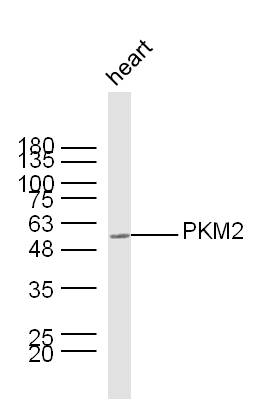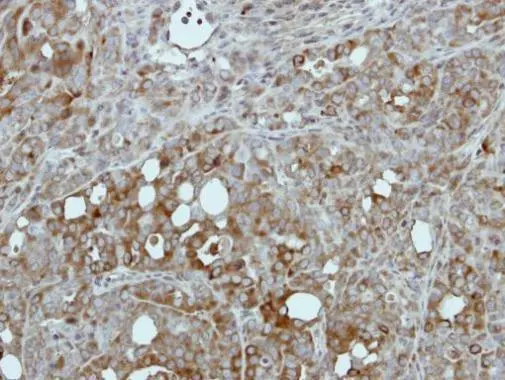
Immunohistochemical analysis of paraffin-embedded NCIN87 xenograft, using Pyruvate Kinase (liver/RBC)(GTX111536) antibody at 1:500 dilution.
Antigen Retrieval: Citrate buffer, pH 6.0, 15 min
Pyruvate Kinase (liver/RBC) antibody
GTX111536
ApplicationsImmunoFluorescence, Western Blot, ImmunoCytoChemistry, ImmunoHistoChemistry, ImmunoHistoChemistry Paraffin
Product group Antibodies
ReactivityHuman, Rat
TargetPKLR
Overview
- SupplierGeneTex
- Product NamePyruvate Kinase (liver/RBC) antibody
- Delivery Days Customer9
- Application Supplier NoteWB: 1:500-1:3000. ICC/IF: 1:100-1:1000. IHC-P: 1:100-1:1000. *Optimal dilutions/concentrations should be determined by the researcher.Not tested in other applications.
- ApplicationsImmunoFluorescence, Western Blot, ImmunoCytoChemistry, ImmunoHistoChemistry, ImmunoHistoChemistry Paraffin
- CertificationResearch Use Only
- ClonalityPolyclonal
- Concentration1 mg/ml
- ConjugateUnconjugated
- Gene ID5313
- Target namePKLR
- Target descriptionpyruvate kinase L/R
- Target synonymsCNSHA2, PK1, PKL, PKRL, RPK, pyruvate kinase PKLR, R-type/L-type pyruvate kinase, pyruvate kinase 1, pyruvate kinase isozyme R/L, pyruvate kinase isozymes L/R, pyruvate kinase isozymes R/L, pyruvate kinase type L, pyruvate kinase, liver and RBC, pyruvate kinase, liver and blood cell, red cell/liver pyruvate kinase
- HostRabbit
- IsotypeIgG
- Protein IDP30613
- Protein NamePyruvate kinase PKLR
- Scientific DescriptionThe protein encoded by this gene is a pyruvate kinase that catalyzes the transphosphorylation of phohsphoenolpyruvate into pyruvate and ATP, which is the rate-limiting step of glycolysis. Defects in this enzyme, due to gene mutations or genetic variations, are the common cause of chronic hereditary nonspherocytic hemolytic anemia (CNSHA or HNSHA). Multiple transcript variants encoding different isoforms have been found for this gene. [provided by RefSeq]
- ReactivityHuman, Rat
- Storage Instruction-20°C or -80°C,2°C to 8°C
- UNSPSC12352203
References
- Shimada M, Hibino M, Takeshita A. Dietary supplementation with myo-inositol reduces hepatic triglyceride accumulation and expression of both fructolytic and lipogenic genes in rats fed a high-fructose diet. Nutr Res. 2017,47:21-27. doi: 10.1016/j.nutres.2017.08.005Read this paper

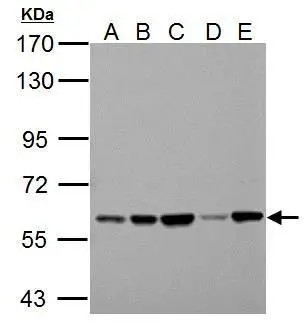
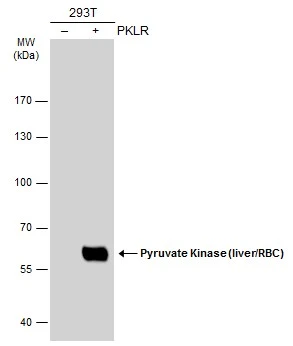
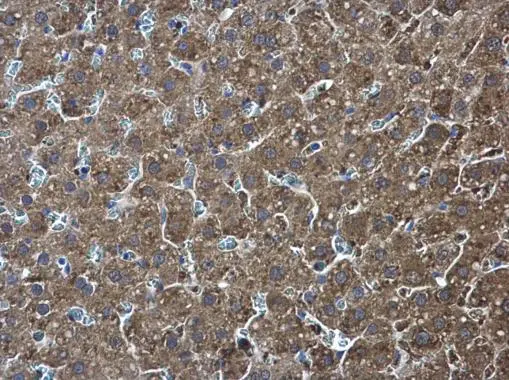
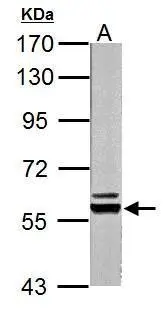
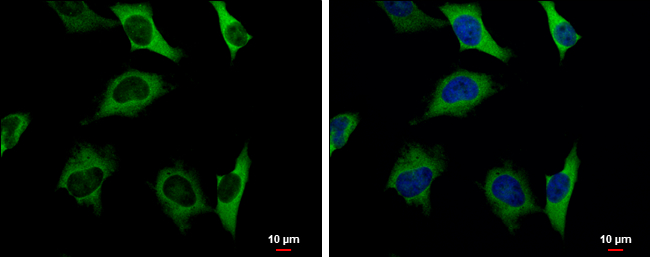
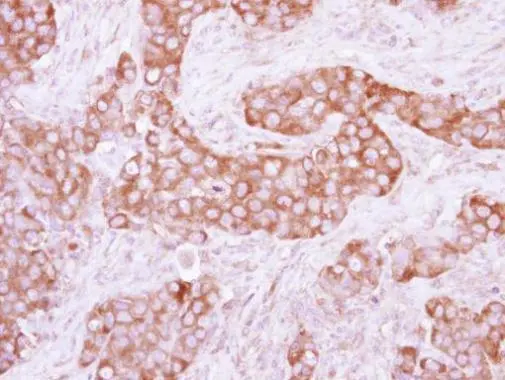
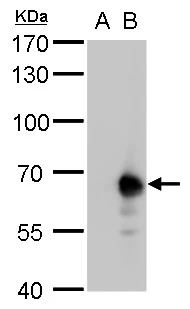
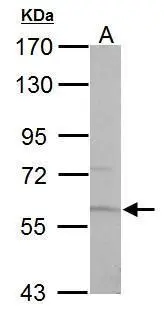
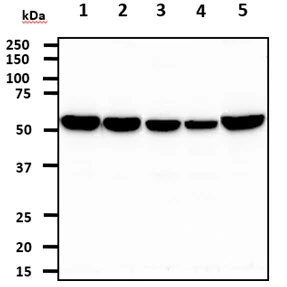
![WB analysis of HEK293T cells transfected with Pyruvate Kinase (liver/RBC) plasmid (Right) or empty vector (Left) for 48 hrs using GTX83885 Pyruvate Kinase (liver/RBC) antibody [1A5]. Loading : 5 ug per lane](https://www.genetex.com/upload/website/prouct_img/normal/GTX83885/GTX83885_3969_WB_w_23061420_340.webp)
